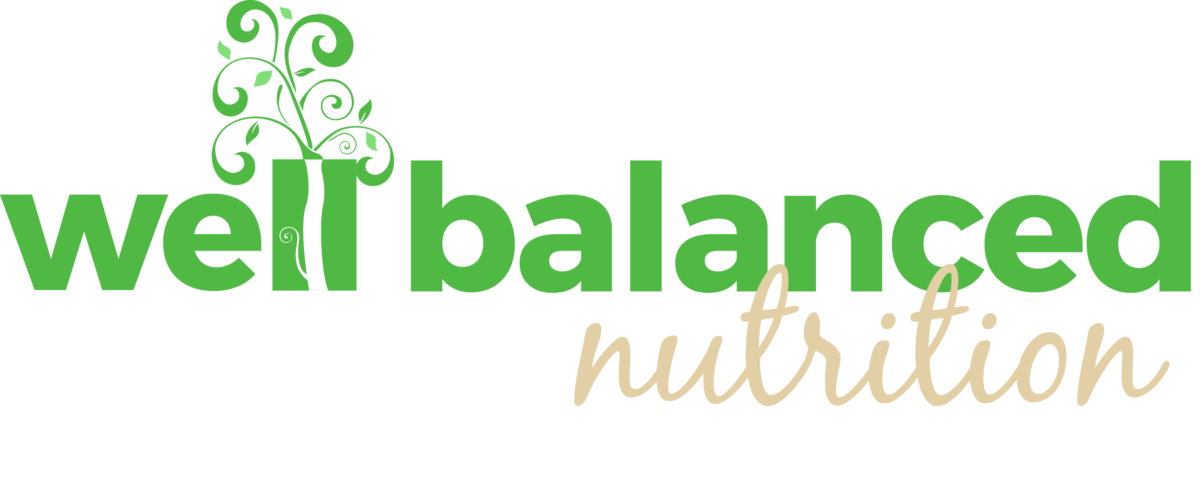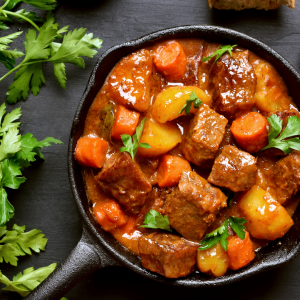
Ultimate Minestrone Soup

Ultimate Minestrone Soup
Our Ultimate Minestone soup is filled with healthy grains, veggies and beans. Packed full of nutritients and big flavor. Only 15 minutes to prep so it's a quick fix for those busy days. Sitting down to a bowl of this soup on a cool evening will warm you up while filling you up!
Ingredients
Method
Prep
- Cook pasta and set aside. You will stir pasta in after the soup has cooked.
- Chop all vegetables according to directions.
Make
- Heat the oil in a large pot over medium-high heat. Add the garlic and onion. Cook, stirring frequently, for 1-2 minutes, or until softened.
- Add the carrots and celery. Continue cooking for 5 minutes
- Add tomatoes, thyme, bay leaves, and broth. Simmer for 20 minutes or until vegetables are tender.
- Add the beans, zucchini, and parsley—season with salt and pepper to taste [and hot pepper if desired].
- Stir in pasta and serve topped with some pesto.
Notes
Serving size is approx 2 cups, Nutrition Facts per serving with whole grain pasta: Calories 278 Total Fat 9.3g, Saturated Fat 0.9g, Trans Fat 0.0g, Cholesterol 0m,g Sodium 439mg, Total Carbohydrates 40g, Dietary Fiber 7,g Total Sugars 5g, Protein 9g, Vitamin D 0mcg, Calcium 93mg, Iron 4,mg Potassium 531mg




